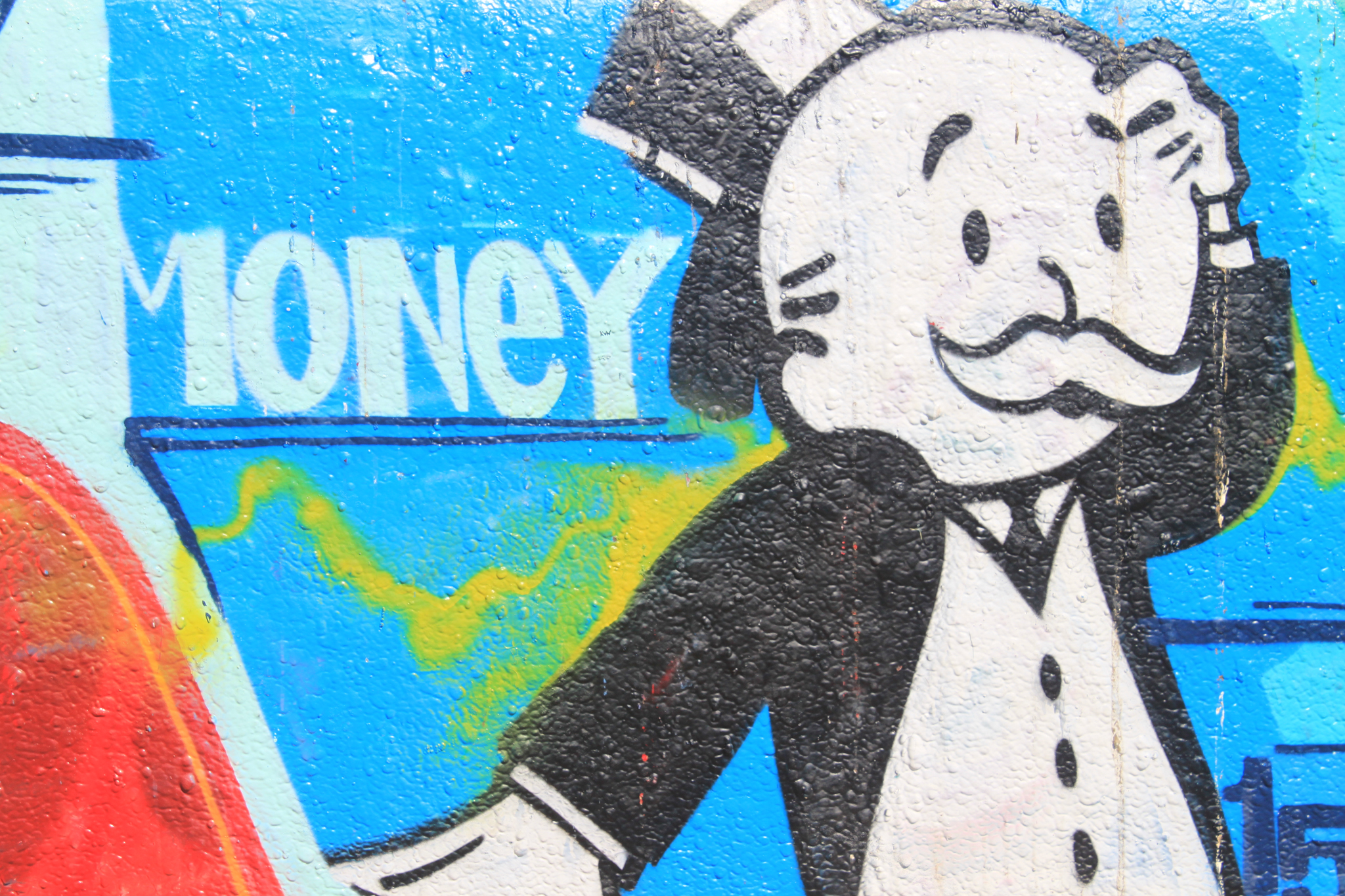If there be ghosts, Tim Cook should expect sleepless nights ahead. Surely Steve Jobs can’t stand to be so overshadowed by his successor, who takes Apple where the cofounder couldn’t: Massive earnings and margins. Today, after the closing bell, the company reported yet another ridiculously blow-out quarter, largely lifted by iPhone. If the smartphone market ever collapses, Apple Armageddon will follow. In the present, momentum is unstoppable.
Some perspective: Apple’s net income was more than two-and-half times Microsoft’s during the same time period (calendar Q1 2015)—and 3.8 times that of Google. To reiterate, those comparisons are put-in-the-bank profits, not revenues. By the numbers: $58 billion in sales, $13.6 net income, and $2.33 earnings per share. Wall Street consensus was $56 billion revenue and $2.16 EPS. Year over year, revenue rose 26.6 percent and net sales by 33 percent.











